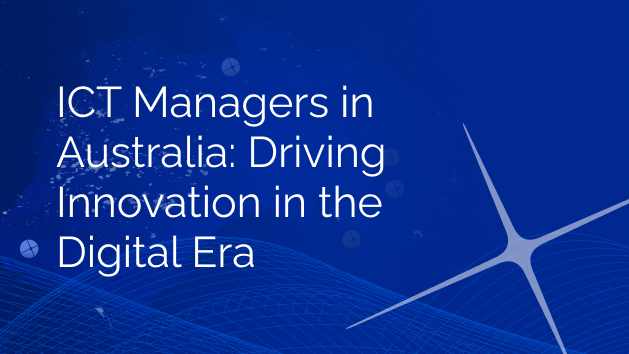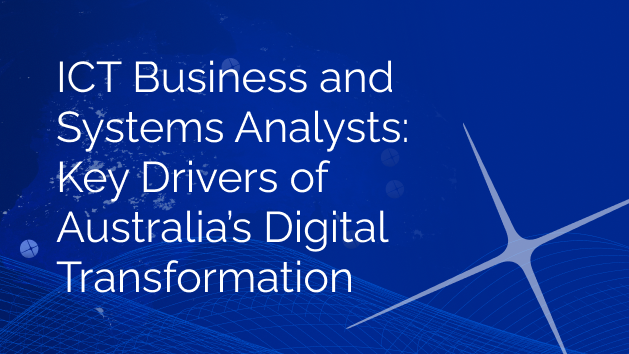The Rise of ICT Support and Test Engineers in Australia: A 2024 Outlook
Australia’s technology sector continues to evolve, with ICT Support and Test Engineers playing a pivotal role in ensuring seamless IT operations. This article provides a comprehensive overview of the profession, backed by local data and insights, making it an essential read for Australian businesses and job seekers. Employment Overview ICT Support and Test Engineers are integral to ensuring smooth IT infrastructure and software functionality, with 14,600 professionals currently employed in Australia. The annual employment growth for this role is steady at 500 new jobs annually, reflecting consistent demand across various sectors. Key Demographics Age Profile The median age for professionals in this field is 35 years, indicative of a relatively young workforce. Below is a detailed breakdown of the age distribution: Age Group Percentage of Workforce (%) 15-19 0.2% 20-24 5.1% 25-34 33.1% 35-44 35.9% 45-54 17.0% 55-59 5.0% 60-64 2.5% 65+ 1.3% Gender Representation While the field remains male-dominated, with only 25% of roles occupied by women, efforts to improve gender diversity in technology are gaining momentum. Earnings and Work Hours ICT Support and Test Engineers enjoy a lucrative median weekly earning of $2,202, significantly higher than the national average. Additionally, the majority (93%) of workers are employed full-time, emphasizing the demanding nature of this role. Industry Employment The top industries employing ICT Support and Test Engineers include: Professional, Scientific, and Technical Services Financial and Insurance Services Public Administration and Safety These sectors rely heavily on these professionals to maintain secure, efficient, and compliant IT systems. Geographical Insights The distribution of ICT Support and Test Engineers across Australia showcases the concentration of opportunities in major states. Below is a regional breakdown: State/Territory Percentage of Workforce (%) New South Wales (NSW) 43.4% Victoria (VIC) 34.8% Queensland (QLD) 10.9% South Australia (SA) 2.7% Western Australia (WA) 5.0% Tasmania (TAS) 0.4% Northern Territory (NT) 0.0% Australian Capital Territory (ACT) 2.9% This distribution indicates a strong demand in metropolitan hubs like Sydney and Melbourne, while smaller states and territories remain underserved. Growth Opportunities in ICT With steady growth in employment and increasing reliance on technology, ICT Support and Test Engineers will remain vital in maintaining Australia’s digital infrastructure. Businesses can tap into this talent pool by collaborating with trusted recruitment experts. For organizations looking to hire skilled ICT Support and Test Engineers, visit Ignite IT Recruitment Services to learn how our expertise connects you with the best candidates. This data-driven insight highlights the importance of ICT Support and Test Engineers in shaping Australia's tech landscape. Whether you're an aspiring professional or a business leader, staying ahead of trends in this field is crucial for success.
Read More




